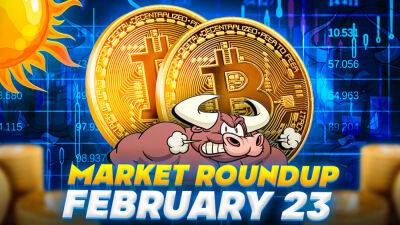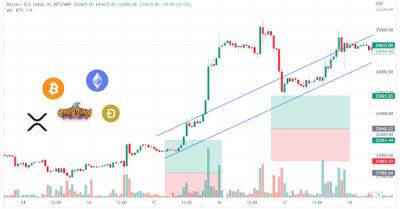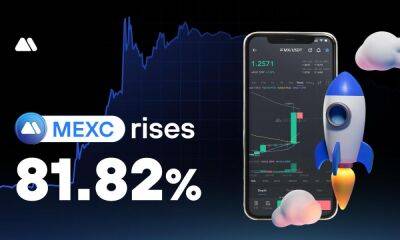Paying the way for Bitcoin adoption in El Salvador: Video
The Bitcoin (BTC) white paper title describes Bitcoin as a “peer-to-peer electronic cash system.” So how is Bitcoin being used as a means of exchange, or electronic cash, in the first country to adopt Bitcoin?
Reporter Joe Hall spent a few weeks in El Salvador attempting to live off Bitcoin and Bitcoin only. He documented his trials, tribulations, successes and satoshis (the smallest amount of a Bitcoin) in a video for Cointelegraph’s YouTube channel:
Headlines from El Salvador within the crypto community have been largely positive. Moreover, statistics emanating from the country have been abundantly positive; tourism is up 30%, crime and the murder rate in El Salvador have decreased dramatically, and the Bitcoin bonds project is underway in 2023.
Nonetheless, while Bitcoin is undoubtedly one of the best-known brands worldwide; and a marketing tool that appeals to a pool of ardent Bitcoin believers around the world, its use as a means of exchange is often questioned. In El Salvador, it’s no different, as Hall explains.
Some Salvadoran vendors are laser-eyed hodlers; others made their first Bitcoin payment with Hall and were keen to ask questions and learn more.
Hall was surprised, dismayed, entertained and ultimately enthused by his findings in the country. Adopting a new technology as novel and misunderstood as Bitcoin is a mammoth task, but Salvadorans are getting stuck into the new technology where possible.
Retailers like Walmart had the option to pay in Bitcoin — but the process was slow and inconvenient — while the likes of Texaco were staunchly anti-Bitcoin. At McDonald’s, the experience is smooth and fast; it’s even quicker than the McDonald’s branches that accept Bitcoin in Switzerland.
From the Adopting Bitcoin
Read more on cointelegraph.com





![Bitcoin’s [BTC] recovery in question as Russia-Ukraine conflict anniversary nears](https://finance-news.co/storage/thumbs_400/img/2023/2/23/57023_txh.jpg)



![Bitcoin [BTC] and S&P 500 part ways, where now for the king coin?](https://finance-news.co/storage/thumbs_400/img/2023/2/23/56975_hnlau.jpg)



![Solana [SOL] cuts into last week’s gains, retests 50% Fib level](https://finance-news.co/storage/thumbs_400/img/2023/2/23/56950_ytmnd.jpg)
